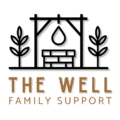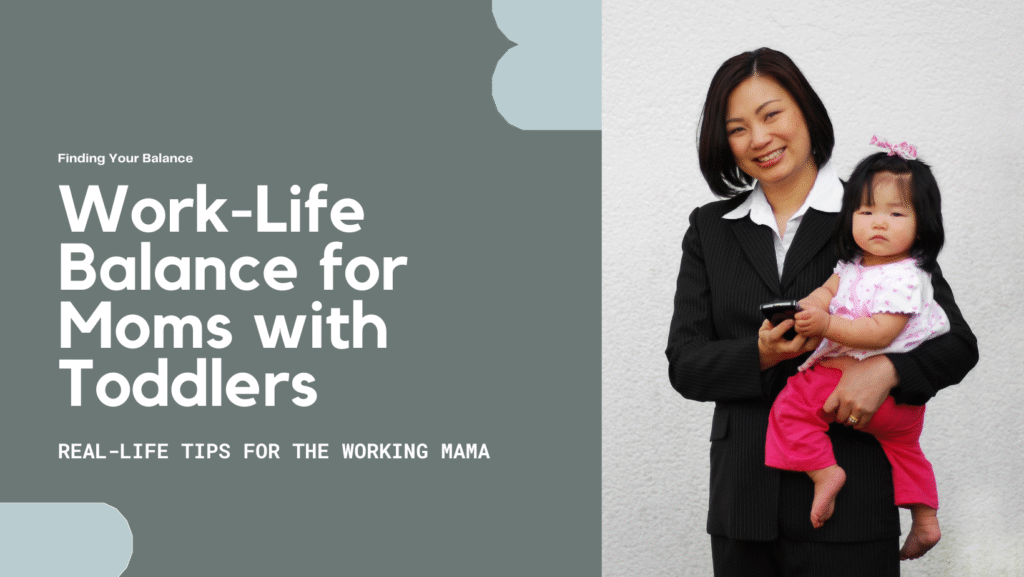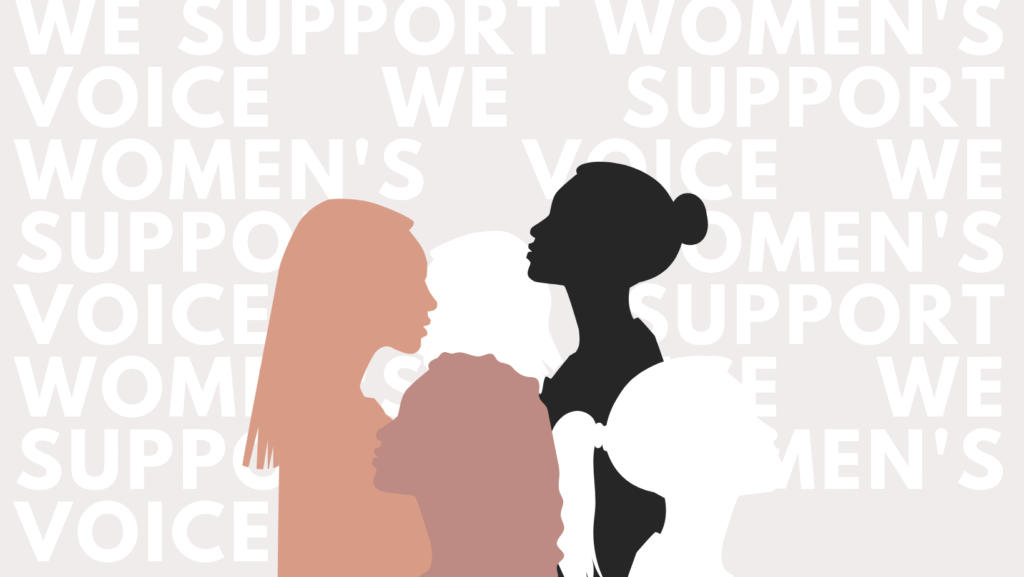The Role of Anger
Anger is a natural human emotion—one that everyone experiences. At its core, anger is a response to perceived threats, injustice, or unmet needs. While anger itself is not harmful, how we express and manage it can deeply affect our relationships, mental health, and overall well-being.
At The Well: Family Support, we believe in holistic, compassionate approaches to emotional regulation. This post explores the nature of anger, its common causes, and research-based strategies for managing it in healthy and constructive ways.
What Is Anger?
Anger is an emotional state that ranges in intensity—from mild irritation to intense rage. It activates the body’s fight-or-flight response, preparing us to react to perceived danger (American Psychological Association, 2023).
In moderation, anger can motivate change or signal when boundaries have been crossed. However, chronic or unresolved anger can increase the risk of physical and psychological challenges, including hypertension, anxiety, depression, and conflict in relationships (Kassinove & Tafrate, 2019).
What Causes Anger?
Anger may be triggered by internal or external experiences, such as:
- Unmet expectations or a sense of injustice
- Chronic stress or exhaustion
- Trauma or adverse childhood experiences (ACEs)
- Feeling dismissed, disrespected, or misunderstood
- Mental health conditions like anxiety, depression, or PTSD
When anger becomes intense or persistent, it often signals deeper emotional pain or unmet needs that deserve compassionate attention.
When Does Anger Become a Problem?
Anger becomes problematic when it’s frequent, excessive, or difficult to control. Warning signs include:
- Verbal or physical aggression
- Trouble calming down or releasing resentment
- Conflict in relationships or at work
- Feelings of guilt or shame after outbursts
- Physical symptoms like headaches, muscle tension, or insomnia
Left unaddressed, chronic anger can damage emotional health and relationships—and may lead to serious personal or professional consequences.
Evidence-Based Strategies for Managing Anger
Managing anger doesn’t mean suppressing it. It means understanding its message and choosing healthy ways to respond.
1. Cognitive Behavioral Therapy (CBT)
CBT helps individuals identify and challenge irrational or unhelpful thought patterns that fuel anger. Research shows CBT can significantly reduce aggressive behavior and improve emotional regulation (Deffenbacher et al., 2002).
2. Mindfulness and Relaxation Techniques
Practices such as deep breathing, progressive muscle relaxation, and guided imagery help lower the body’s stress response, allowing space to pause before reacting (Sukhodolsky et al., 2004).
3. Communication and Assertiveness Training
Learning to express needs clearly and respectfully can prevent escalation. Assertiveness skills build confidence, helping individuals set boundaries without aggression.
4. Journaling and Self-Reflection
Writing about triggers and emotional responses can reveal recurring patterns and provide insight into underlying needs or values.
5. Support Groups and Therapy
Group or individual counseling offers accountability and emotional safety. Because anger often masks deeper pain—such as grief, fear, or shame—processing its roots is essential for long-term healing.
A Trauma-Informed Approach to Anger
At The Well, we recognize that anger is often a protective response to trauma or past harm. It’s a signal that something feels unsafe, unfair, or overwhelming.
A trauma-informed approach shifts the question from:
“What’s wrong with you?”
to
“What happened to you?”
This perspective fosters understanding rather than shame, creating space for healing, emotional regulation, and genuine change—not just short-term control.
When to Seek Help
It’s never too early—or too late—to seek support. Consider talking with a therapist if:
- Anger is harming your health, work, or relationships
- You feel out of control when angry
- Loved ones express concern about your behavior
- You’re coping with unresolved grief or trauma
Therapy provides a safe, structured space to explore emotions, practice new coping tools, and rebuild self-awareness.
Anger as a Catalyst for Growth
Anger is not the enemy—it’s a messenger. When understood and channeled effectively, it can reveal our values, highlight what needs protection, and motivate meaningful change.
With practice, self-awareness, and compassion, anger can become a path toward connection, resilience, and inner peace.
References
American Psychological Association. (2023). Anger. https://www.apa.org/topics/anger
Deffenbacher, J. L., Oetting, E. R., & DiGiuseppe, R. A. (2002). Principles of empirically supported interventions applied to anger management. The Counseling Psychologist, 30(2), 262–280. https://doi.org/10.1177/0011000002302006
Kassinove, H., & Tafrate, R. C. (2019). Anger management: The complete treatment guidebook for practitioners. Impact Publishers.
Sukhodolsky, D. G., Kassinove, H., & Gorman, B. S. (2004). Cognitive-behavioral therapy for anger in children and adolescents: A meta-analysis. Aggression and Violent Behavior, 9(3), 247–269. https://doi.org/10.1016/S1359-1789(03)00011-9




